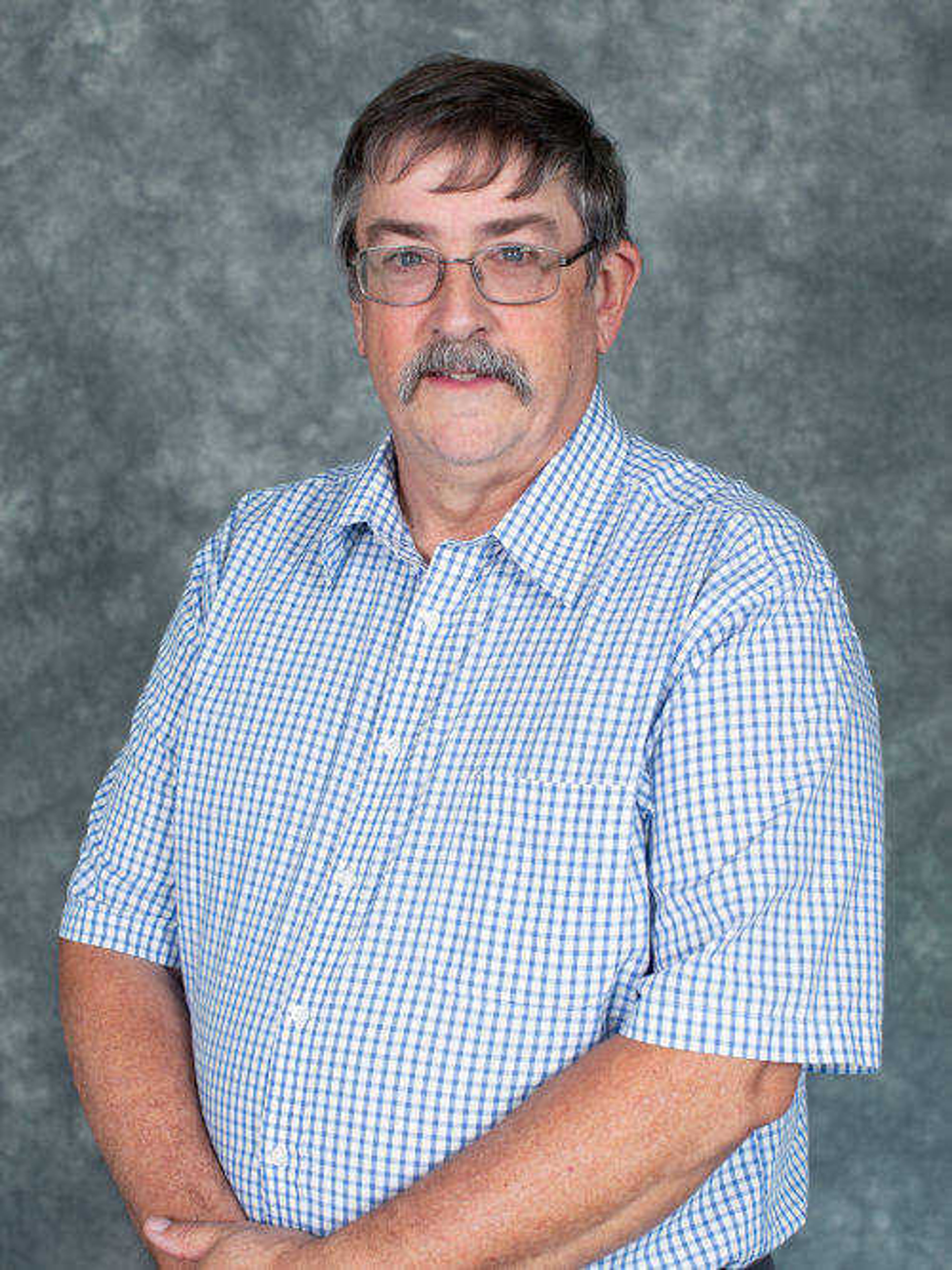Levi L. Lightner: Early Cape Girardeau businessman, community leader
Many of the early leaders of Cape Girardeau are poorly known today for several reasons. For example, Levi L. Lightner was a well-known local citizen from 1819 until the late 1830s. His move to southern Illinois, where he became a prominent judge, has resulted in his near absence from our history...
Many of the early leaders of Cape Girardeau are poorly known today for several reasons. For example, Levi L. Lightner was a well-known local citizen from 1819 until the late 1830s. His move to southern Illinois, where he became a prominent judge, has resulted in his near absence from our history.
Lightner was born Dec. 15, 1793, in Lancaster, Pennsylvania. He saw limited service during the War of 1812. Thereafter, he and his brother, John, partnered in a store in Strasburg Township in Lancaster County. A municipal charter issued for Cairo, Illinois, may have attracted him to come west, but this 1818 effort to establish a city at the junction of the Ohio and Mississippi failed. Lightner instead came to Cape Girardeau.
By the following year, Lightner purchased a lot in Cape Girardeau from Louis Lorimier's heirs, and within 10 years owned 18 town lots. His home was a brick house on the northwest corner of Bellevue and Lorimier. One of the land parcels he purchased in 1824 was Outlot 2, at the site of Washington Park. It is likely a spring flowed through part of this site, because Lightner erected a distillery sometime between 1824 and 1827. Lightner needed to borrow money and mortgaged this land and distillery to John Bland of Louisville, Kentucky. The mortgage deed described a major operation, including three copper stills and two worms weighing about 526 pounds, 50 mashing tubs and pumps, implements and tools. Lightner failed to pay the mortgage and lost the property in 1831.
Lightner married three times. His first wife, Elizabeth Goodnor, died before 1834. His second wife, Eleanor Desha, had property in her own right, whether as a widow or through inheritance, because the couple negotiated a marriage contract to delineate property rights of each in 1834. She died prior to 1848, when Lightner married his third wife, the widow Susan L. Wilkinson, in Scott County. He has numerous descendants today.
Levi L. Lightner served in several civic leadership jobs in Cape Girardeau. He received appointment as postmaster of Cape Girardeau in 1825, a job he held until 1836. He was one of five directors of the Cape Girardeau Mill Company in the mid-1820s. Along with four others, he served as a trustee to locate a lot and erect a schoolhouse in Cape Girardeau in 1830. The lot purchased by the group was at the point where Fountain would intersect Meriwether, and it is unclear if they succeeded in building the school.
For the last several years he lived in Cape Girardeau, he served as a justice of the peace. Part of the duties of justices of the peace is to serve as judge/jury to settle minor disputes, including levying fines. Undoubtedly this experience would provide Lightner with the tools he needed in his later career in Illinois.
Lightner established a store and purchased land on Sexton Creek in Alexander County, Illinois, in 1838. There he would establish the strongest part of his legacy in later life.
Connect with the Southeast Missourian Newsroom:
For corrections to this story or other insights for the editor, click here. To submit a letter to the editor, click here. To learn about the Southeast Missourian’s AI Policy, click here.











